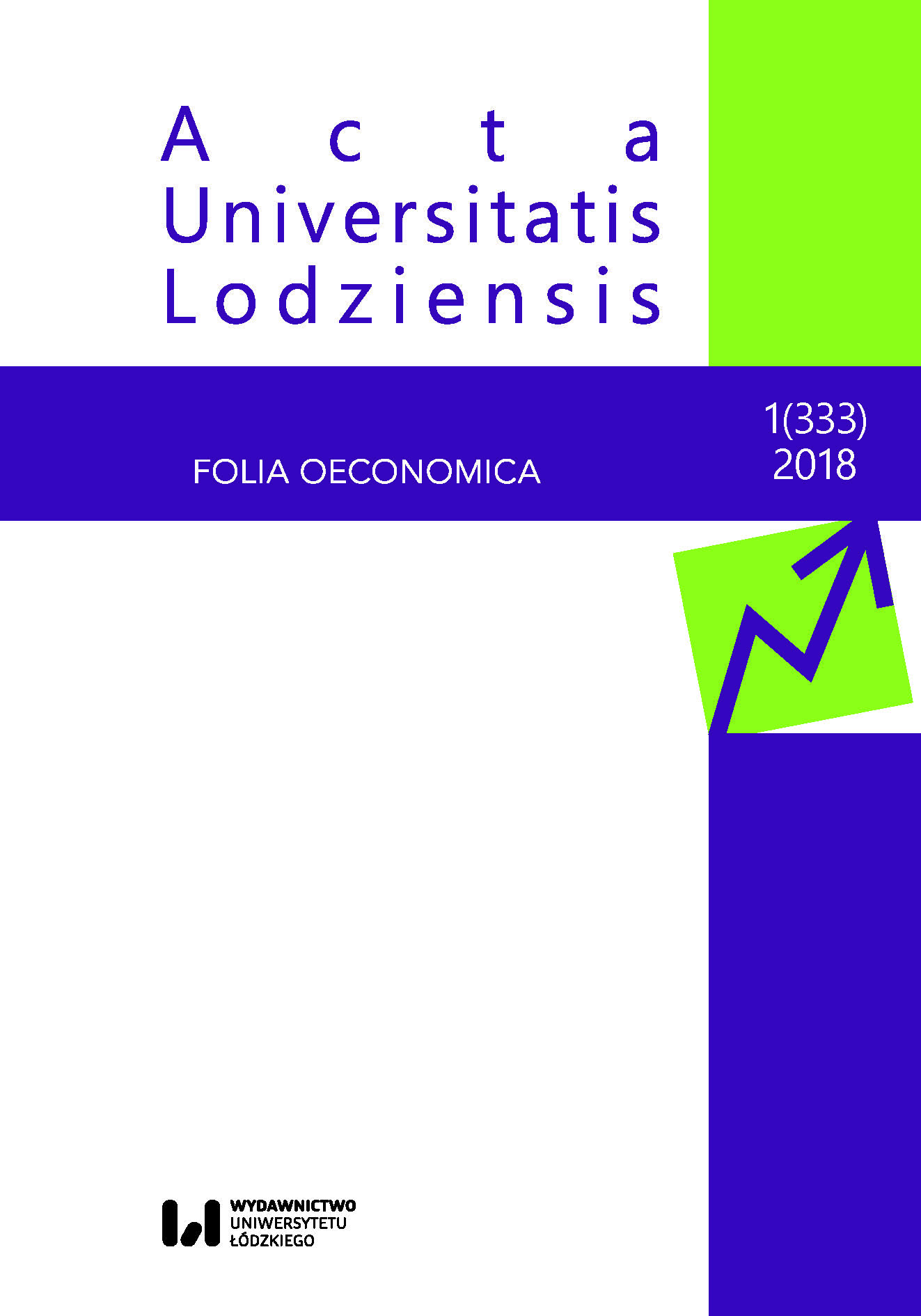Unia rynków kapitałowych – perspektywy zmiany modelu systemu finansowego w Unii Europejskiej
Capital Market Union – Perspectives on Changes in the Financial System Model in the European Union
Author(s): Małgorzata JanickaSubject(s): Financial Markets
Published by: Wydawnictwo Uniwersytetu Łódzkiego
Keywords: capital markets union; European financial market; European Union; euro area; crisis; unia rynków kapitałowych; europejski rynek finansowy; Unia Europejska; strefa euro; kryzys
Summary/Abstract: Currently the EU is working on the building of the so‑called Capital Markets Union. The undertaken restructuring of the financing model is designed to make a shift in the main channel through which enterprises raise investment funds, from loans to capital, and – as a result – contribute to more dynamic growth in the EU Member States. So far, the key problem with insufficient dynamics of economic growth in the EU seems to stem not so much from the structure of investment financing but from mechanisms of the euro zone, which economically polarise its members. The European Union should, first and foremost, thoroughly analyse and reformulate the constituting principles of the euro zone, instead of making another attempt to deepen capital markets integration and changing the financing model dominant in the EU Member States. The objective of the paper is to analyse conditions and rationale of the shift in the role which the banking sector plays in transferring investment resources for the benefit of the European Union capital markets (intensification of disintermediation). Conclusions from the analysis were formulated based on qualitative studies and analyses of source materials prepared by the EU, as well as research and financial institutions (surveys, reports, recommendations), and on the basis of available data. // Obecnie wdrażany w Unii Europejskiej projekt przewiduje budowę tzw. unii rynków kapitałowych. Przebudowa modelu systemu finansowego ma spowodować zmianę głównego kanału pozyskiwania przez przedsiębiorstwa środków inwestycyjnych – z kredytowego na kapitałowy, a w efekcie przyczynić się do zdynamizowania wzrostu gospodarczego w krajach UE. Tymczasem głównym problemem niedostatecznej dynamiki wzrostu gospodarczego w krajach UE wydaje się być nie tyle struktura finansowania inwestycji przedsiębiorstw, co mechanizmy działania strefy euro, które powodują polaryzację ekonomiczną krajów wewnątrz strefy. Unia Europejska powinna przede wszystkim poddać gruntownej analizie i przebudowie zasady konstytuujące działanie strefy euro, nie zaś koncentrować się na kolejnej próbie pogłębienia integracji rynków kapitałowych i zmianie modelu systemu finansowego dominującego w krajach UE. Celem artykułu jest analiza uwarunkowań i zasadności zmiany roli sektora bankowego w transmisji środków inwestycyjnych na korzyść rynku kapitałowego w Unii Europejskiej (intensyfikacja procesu dezintermediacji). Wnioski płynące z analizy zostały sformułowane na podstawie badań jakościowych opierających się na analizach materiałów źródłowych przygotowanych przez UE, instytucje badawcze i finansowe (opracowania, raporty, rekomendacje) oraz na dostępnych danych.
Journal: Acta Universitatis Lodziensis. Folia Oeconomica
- Issue Year: 1/2018
- Issue No: 333
- Page Range: 195-206
- Page Count: 12
- Language: English

